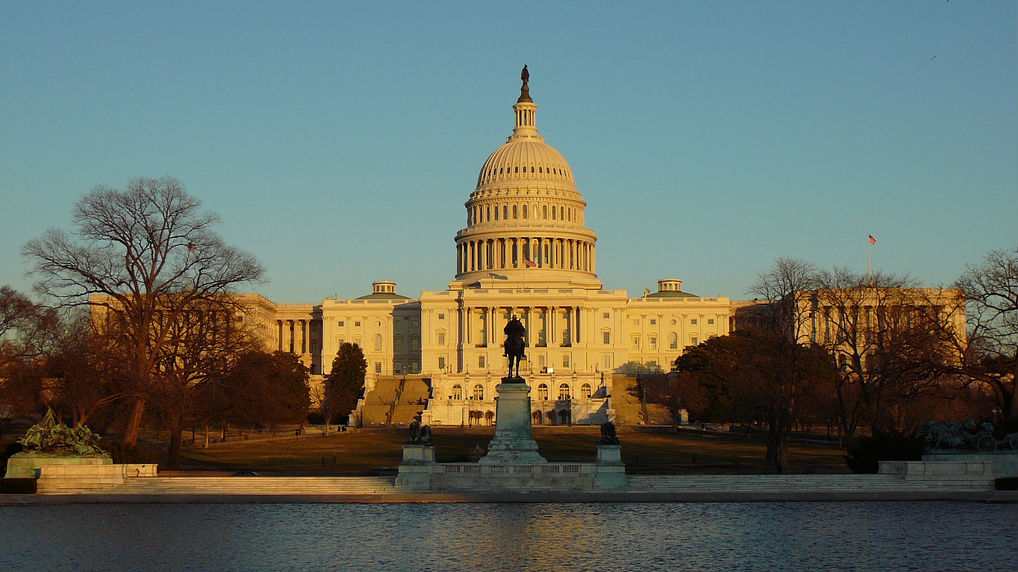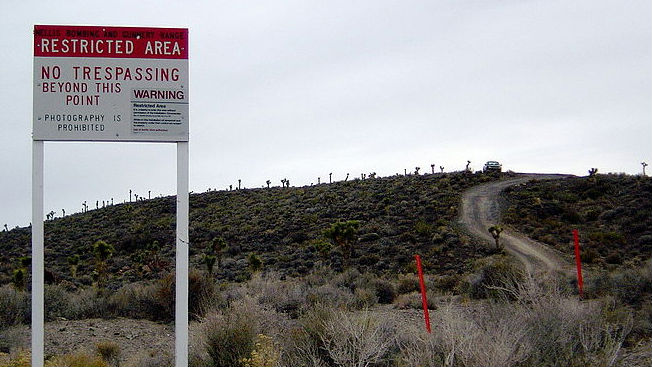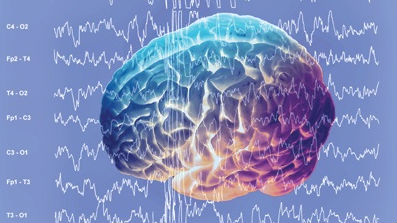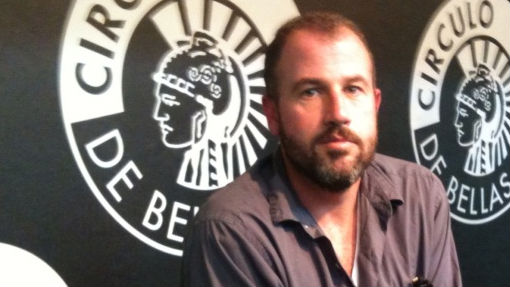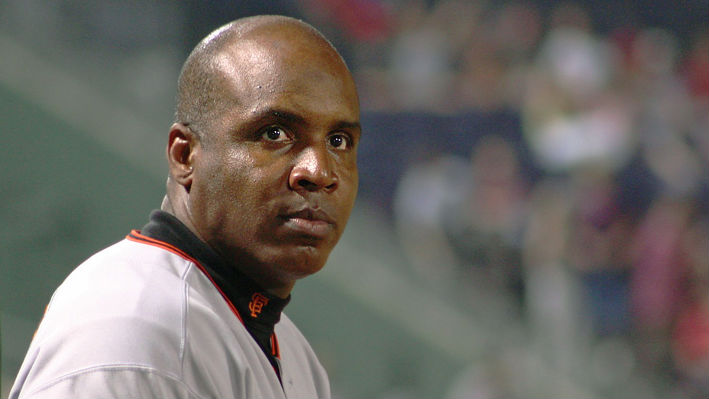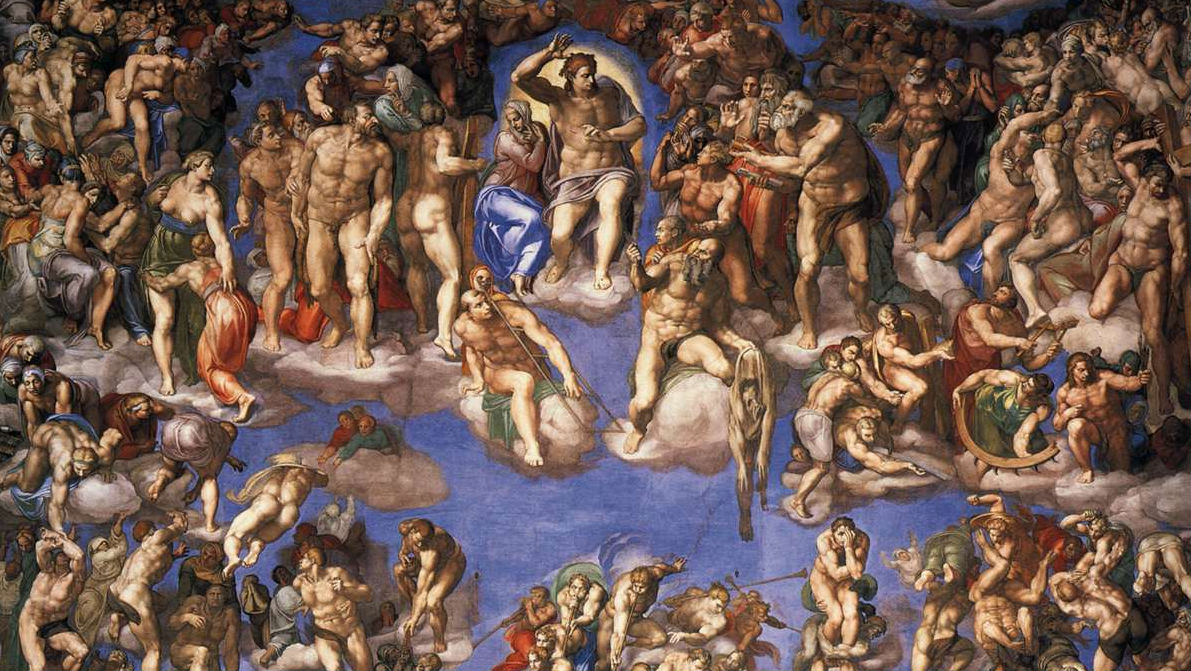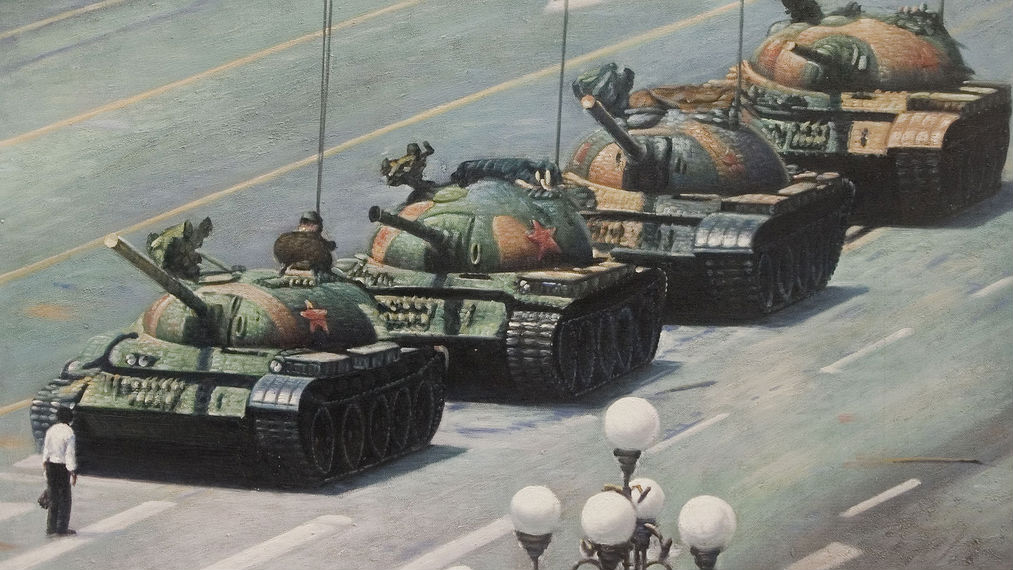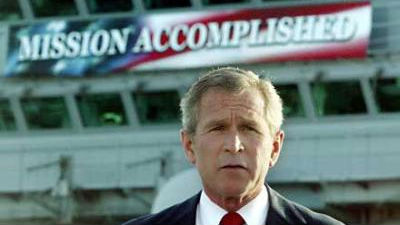Daniel Honan
Former Managing Editor, Big Think
From 2011-2014, Daniel Honan was the Managing Editor at Big Think. Prior to Big Think, Daniel was Vice President of Production for Plum TV, a niche cable network he helped launch in 2002. The production team he oversaw won over two dozen Emmy awards. Daniel has created numerous shows and documentaries for television, and his film credits include Stealing the Fire, a documentary on the black market for nuclear weapons technology.
Follow Daniel on Twitter @DanielHonan
We won’t be able to prevent the next major Flood, Earthquake or Tsunami. Kevin Steinberg of the World Economic Forum’s Risk Response Network says we will need to be really good at coordinating the response.
How do you reconcile your desire to honor your own values without forcing the people you want to help into more dangerous conduct? Former New York Times columnist Randy Cohen tackles this ethical query.
Astronomers have been actively searching for extraterrestrial civilizations for the past 50 years, but so far have come up empty. Now a top Russian astronomer predicts the “eerie silence” will be broken by 2031.
Which country would have the upper hand in a full-scale cyber war between the United States and China?
Can we profit from someone else’s innocent error? Former New York Times columnist Randy Cohen answers the first in a series of ethical questions from Big Think readers.
The online retail revolution has produced spectacular success stories like Groupon and Gilt Groupe. Adam Bryant of The New York Times talks to Susan Lyne, CEO of Gilt Groupe, about where the industry is heading in the future.
The New York State Senate has voted to legalize gay marriage, a major milestone for the gay rights movement in several respects. After Governor Andrew Cuomo signs the bill into […]
“The trauma surgeon of Wall Street” tells Big Think about the ethical considerations he had to contend with in the years leading up to the financial crisis.
Are we truly looking forward to an “Age of Abundance,” as Peter Diamandis suggests? A Big Think panel debates the future of business in the 21st century.
Polls have shown that public opinion is clearly trending in favor of gay marriage. And yet, it will take bipartisan action to pass legislation in New York this week.
A kind of religion has developed around so-called “natural” foods. Hold on, says modernist chef and inventer Nathan Myhrvold. Do you like muffins? Do you like wine and cheese? If so, read on.
NASA has released images of an enormous solar storm that extended over a three hour period on June 7. The series of pictures capture “a huge coronal mass ejection erupting […]
Area 51 has long been a treasure trove for conspiracy theorists. Now a new book delivers some bombshell claims about the world’s most famous and secretive military installation.
The oft-quoted aphorism by Winston Churchill was in reference to the RAF’s heroic stand against fascism. And yet, this phrase is equally attributable to those few who fight today’s wars, such as Navy SEAL Eric Greitens.
George Church, Professor of Genetics at Harvard Medical School argues that the age-old divide between science and religion is solvable, but would benefit from less polarizing views.
The New York Times CEO whisperer Adam Bryant advocates fearlessness as a virtue that will help people make decisions both great and small, positively impacting both their careers and daily lives.
Aron Cramer, CEO of Business for Social Responsibility, explains how Walmart has used its market power to become an agent of change and an industry leader in what he calls “sustainable excellence.”
Marc Goodman tells Big Think that in the future “the virtual agents of good and evil will do battle in cyberspace–making this a very interesting field to be in!”
Tim Harford, known as the “Malcolm Gladwell of Britain” shares two lessons that illustrate the virtue of dissent: the War in Iraq and the Bay of Pigs invasion.
Nitin Nohria argues the four basic drives innate in human nature–to acquire, bond, learn and defend–must be balanced within any organizational structure. Nohria is putting this theory into practice as dean of Harvard Business School.
How do you get to Carnegie Hall? Lots of practice. How do you transform education? For Sal Khan, the mastermind behind the online phenomenon Khan Academy, the key is preparation.
A traditional marriage consists of a husband, a wife, and the marriage itself. New York Times columnist David Brooks tells Big Think this type of relationship can only be understood as a whole.
We often lack the critical skills necessary to do the right thing because of overconfidence in our own moral compasses, Nitin Nohria tells Big Think.
A group of astrophysicists believe they have discovered the first potentially habitable exoplanet, named Gliese 581d. And there could be billions more just like it.
The Author James Frey reflects on his bestseller A Million Little Pieces, and how he has changed as a writer since his public shaming on Oprah.
Francis Fukuyama’s argument that man’s political development culminated in democratic capitalism is one of the most misunderstood theories of recent decades.
Martha Stewart. Bernie Madoff. Scooter Libby. Barry Bonds. They were public figures, leaders, and role models. They were also all liars, in fact, and part of a national epidemic of lying, says the author James Stewart.
Predicting the end of the world is a rough business. Everyone knows when you’re wrong; and when you’re right, you don’t get to take a victory lap.
Francis Fukuyama argues that China’s repressive state apparatus is far more sophisticated than the regimes in the Middle East that have fallen during the so-called Arab Spring.
Francis Fukuyama tells Big Think about the pressures that one must overcome in rethinking positions–in his case, his views on the Iraq War–and how he overcame those pressures.









